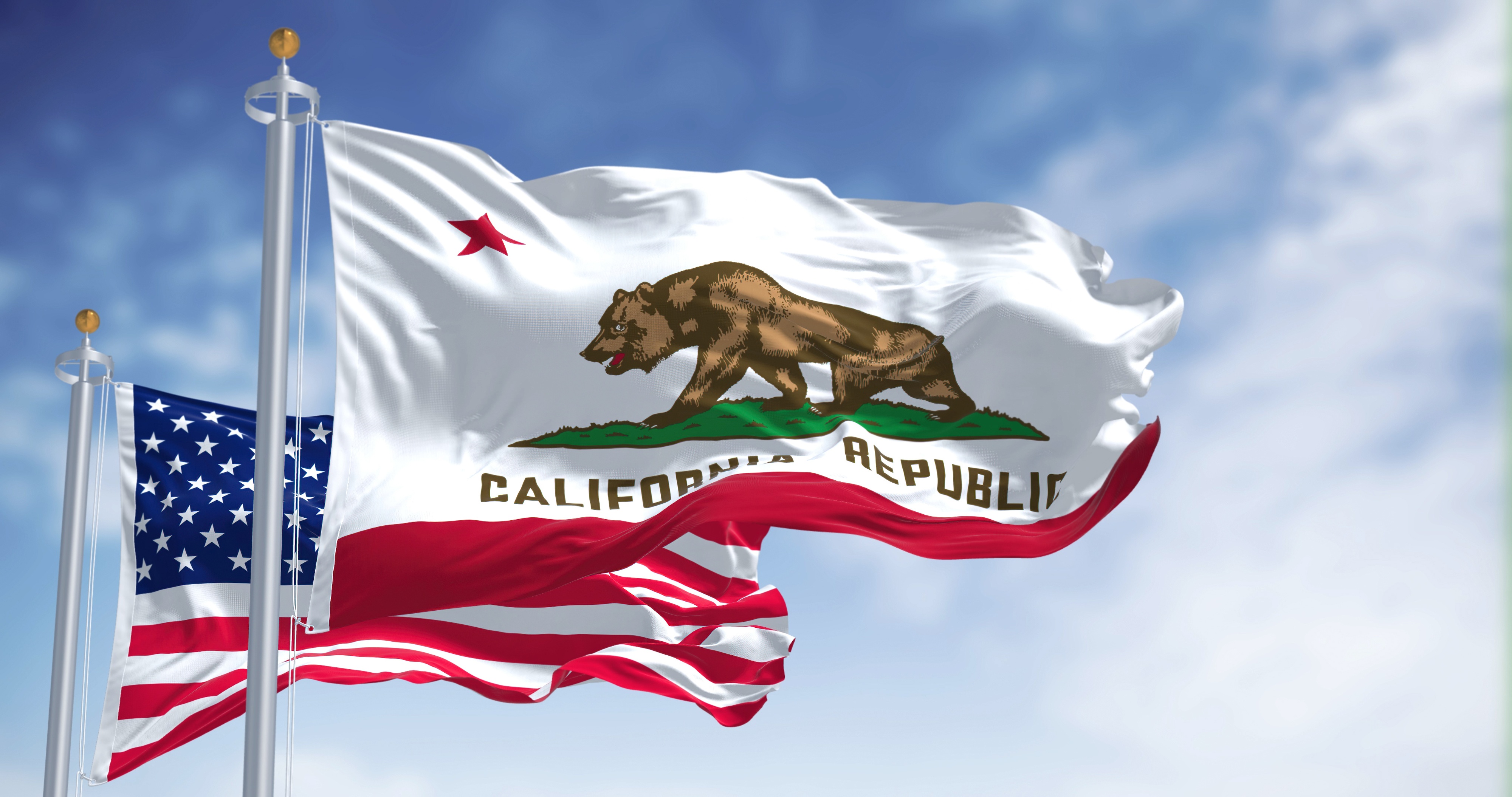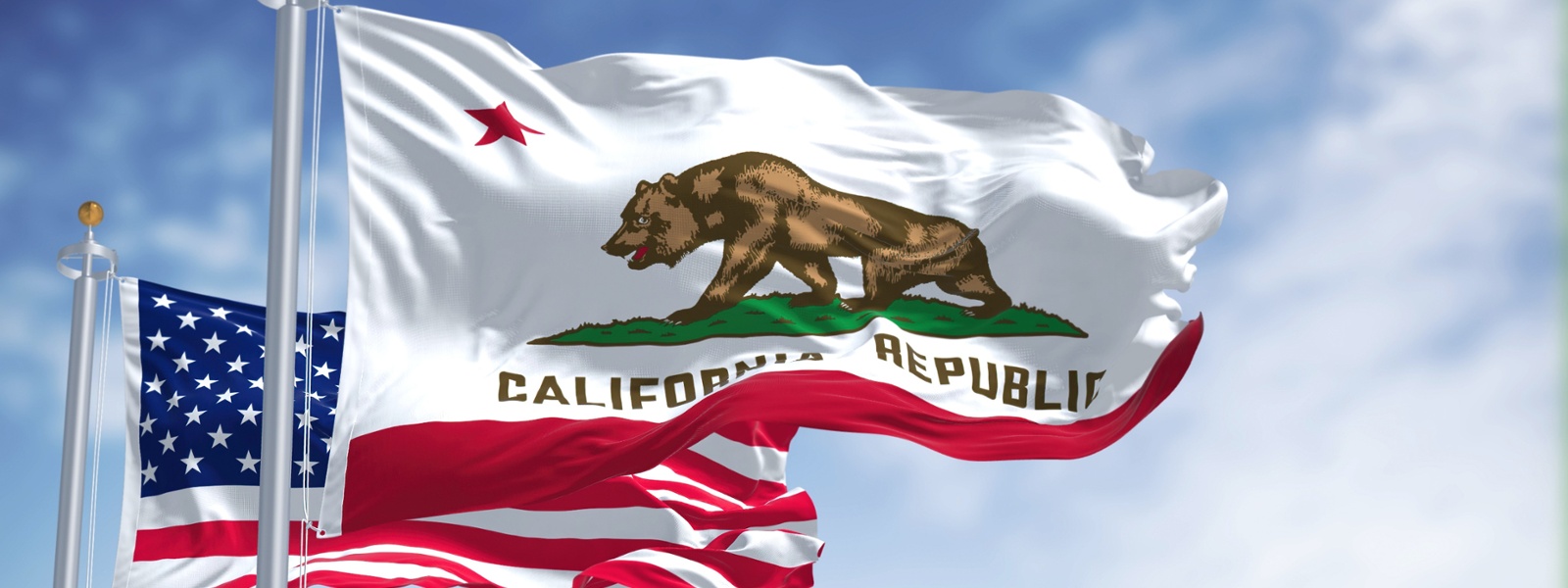California Farm Bureau: Advocacy in Action

Photo/Licensed image

Water quality
The North Coast Regional Water Quality Control Board approved a first-of-its-kind order last week to protect waterways, groundwater and aquatic species by regulating waste discharge for about 65,000 acres of vineyards in Mendocino and Sonoma counties.
In a years-long process, the California Farm Bureau and the county Farm Bureaus of Mendocino and Sonoma submitted comments and worked with leaders in the wine sector to make the regulation less burdensome for affected vintners, said Kari Fisher, senior counsel and director of legal advocacy for the California Farm Bureau. Because of the efforts, the board agreed to delay the decision for six months so that some local concerns could be addressed.
The order establishes water quality regulations for owners and operators of commercial vineyards. The regulation requires implementation of on-farm practices to prevent or control discharges of sediment, nutrients and pesticides to surface water. Requirements take effect when vineyards begin enrolling under the order in July 2028.
Landline access
Assembly Bill 470, Tina McKinnor, D-Inglewood, would usurp a rulemaking to broadly consider changes related to requirements and procedures for landlines or carriers of last resort, or COLRs. There are 16 COLRs in California. AT&T is the biggest. Frontier is second.
Parties including the California Farm Bureau have been holding meet-and-confer sessions that address potential areas of agreement related to issues raised. The AT&T-sponsored legislation presented unworkable and one-sided processes to implement the COLR revisions. AB 470 made it out of the Appropriations Committee but did not advance to the Assembly floor for consideration. Farm Bureau opposes the legislation and is collaborating with other stakeholders to defeat it.
Labor
The California Farm Bureau and five other western state Farm Bureaus last week joined in a letter to urge the U.S. Department of Labor to consider dropping its defense of the Biden-era Farmworker Protection Rule, which resides within the H-2A program.
Farm Bureau submitted comments last year critical of the original proposal, which effectively attempts to circumvent the National Labors Relations Act by offering union-related benefits to H-2A workers. The program has long been plagued by complex regulatory requirements, which were made worse through this and several other rulemaking. With the rule tied up in litigation, dropping the legal defense of it would effectively help to reverse the rule, offering at least some reprieve for those currently using the guestworker program.
Electric vehicles
President Trump signed several resolutions last week that effectively overturned California’s electric vehicle mandate, its phaseout of medium- and heavy-duty diesel vehicle sales and a rule related to tailpipe emissions from trucks.
Historically, California has relied on waivers from the U.S. Environmental Protection Agency to implement more stringent environmental regulations. However, concerns from other states that California’s policies could have nationwide effects helped drive efforts in Washington, D.C., to reverse initiatives by the California Air Resources Board.
CARB is weighing legal options to preserve portions of its emissions mandates, meaning this issue may soon head to the courts. California Farm Bureau will continue to monitor developments and provide updates to members.




